THE PROJECTS
With their research projects, the team contributes to economic growth in developing and emerging countries by implementing effective entrepreneurship trainings. Each project accounts for the local conditions under which Personal Initiative (PI) Training is implemented. Projects start with a train-the-trainer workshop so that local partners can continue to deliver PI Training beyond the duration of the projects. In total, approximately 5,000 entrepreneurs around the world already had the opportunity to attend PI Training (as of end of 2019).


World
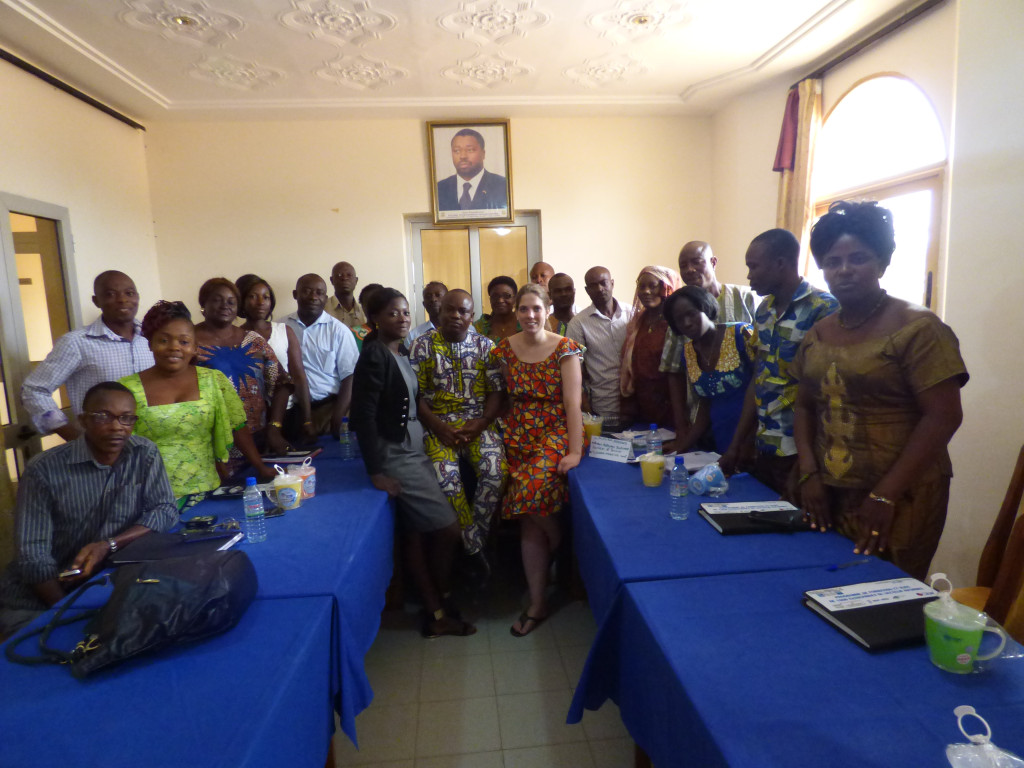
TOGO
In Togo, the team conducted a randomized controlled experiment with 1,500 micro entrepreneurs. They compared two types of training aiming to increase business success: A business training taught business-related skills and knowledge and was compared to Personal Initiative Training which changed the mindset of entrepreneurs to increase their personal initiative. 500 micro-entrepreneurs were in the control group. We sought to understand the boundary conditions of both trainings, i.e. which characteristics determine whether a person will benefit more from a business or more from Personal Initiative Training. The team also investigated the processes by which the trainings influence business success. Further, they were interested in female-male differences in the success of the business training. The project was initiated by the World Bank and implemented in collaboration with PADSP in Togo.
MEXICO
In Mexico, the team offered PI Training together with a Business Literacy Training to female entrepreneurs. The project emerged from the cooperation between Leuphana University, Crea (NGO), and the World Bank. A total of 3,200 women business owners participated in the program. 1,600 women were assigned to a training condition and 1,600 to control/waiting control group. The research focused on factors leading to business success. Particularly, proactive behavior (PI behavior) and entrepreneurial empowerment were hypothesized to be the mechanisms that help proactive behavior to improve business performance.
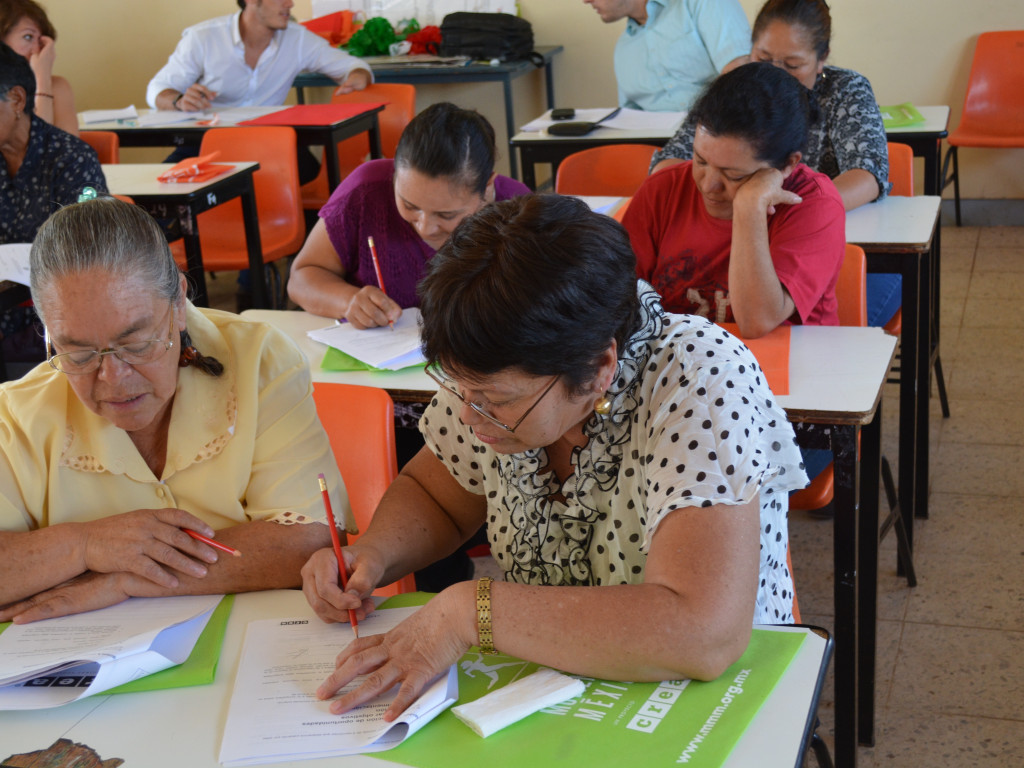
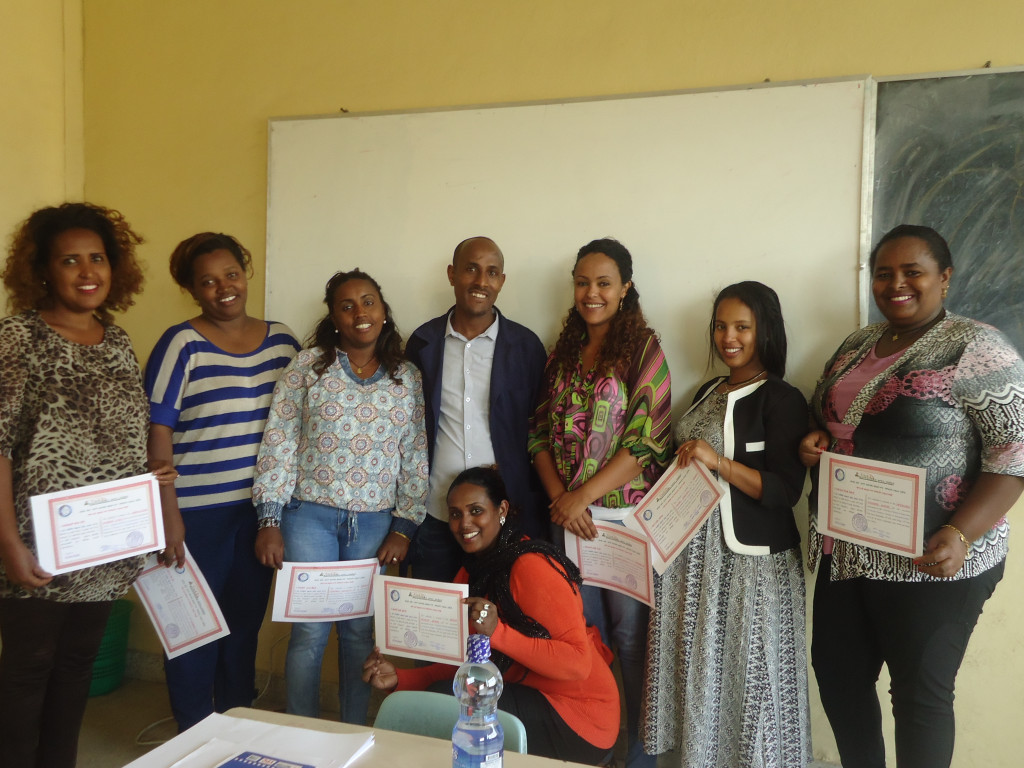
ETHIOPIA
In Ethiopia, the team implemented PI Training as part of the Women Entrepreneurship Development Project, initiated by the World Bank. They randomly selected and assigned 2,000 growth-oriented women entrepreneurs operating in Ethiopia’s capital Addis Ababa to either PI Training, a holistic business training, or a control group. The research design aimed at understanding the specific outcomes and mechanisms of different training approaches.
JAMAICA
A research project in Jamaica investigated effects of a combination of PI and business practices training compared to a version of PI Training which particularly focused on persistence. The project was initiated by the Inter-American Development Bank and assigned approximately 1,000 entrepreneurs from the country`s capital Kingston and adjoining parishes to one of the two training groups or a control group. Besides contrasting PI Training with a combination of PI and business practices training, a distinguishing element of this project was its behavioral focus in measuring outcomes of the intervention.
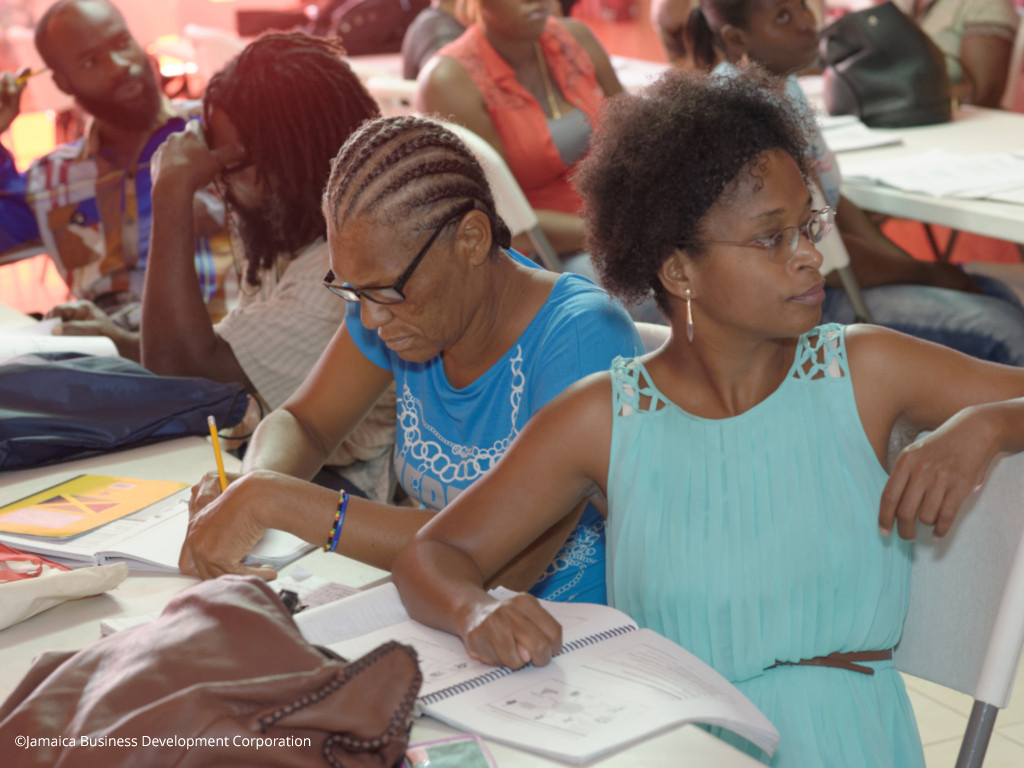
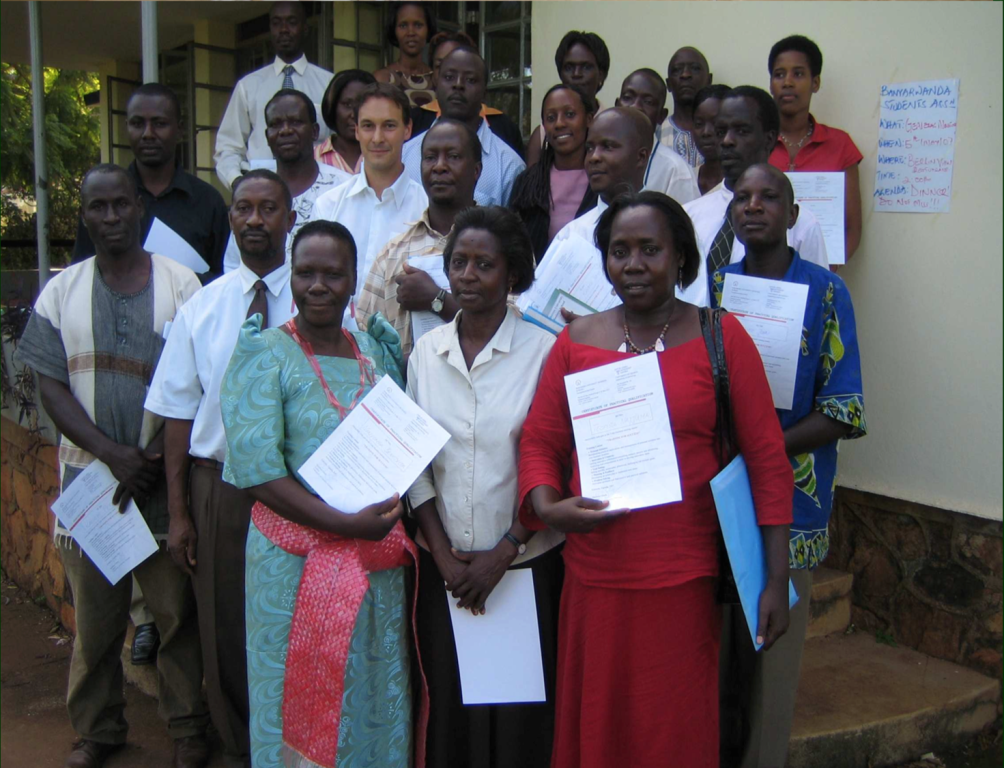
UGANDA
A project in Uganda was the starting point of the first randomized controlled experiment on PI Training. It included 47 participants who attended PI Training and 53 entrepreneurs in a waiting control group. The team measured personal initiative and success at several points in time (4-5 months after the training and 12 months after the intervention). This study also started the team’s tradition of using evidence-based approaches to develop and to evaluate PI Training. This project was supported by Markere University Business School, by the DAAD (Deutscher Akademischer Auslandsdienst), and by the German Research Foundation.
NICARAGUA
Under the scope of a World Bank project led by the Pilot Interventions to Increase the Impact of Rural Roads on Factor Accumulation and Productivity in Nicaragua, the team contributed to a randomized control trial study. The target population comprised a sample of 700 household heads or spouses in rural Nicaragua. The intervention provided all participants in the sample with training on personal initiative. 350 households of the sample also had the opportunity to sign up for a simple savings account which offered the chance of increased investment in self-employment as well as to form saving goals.
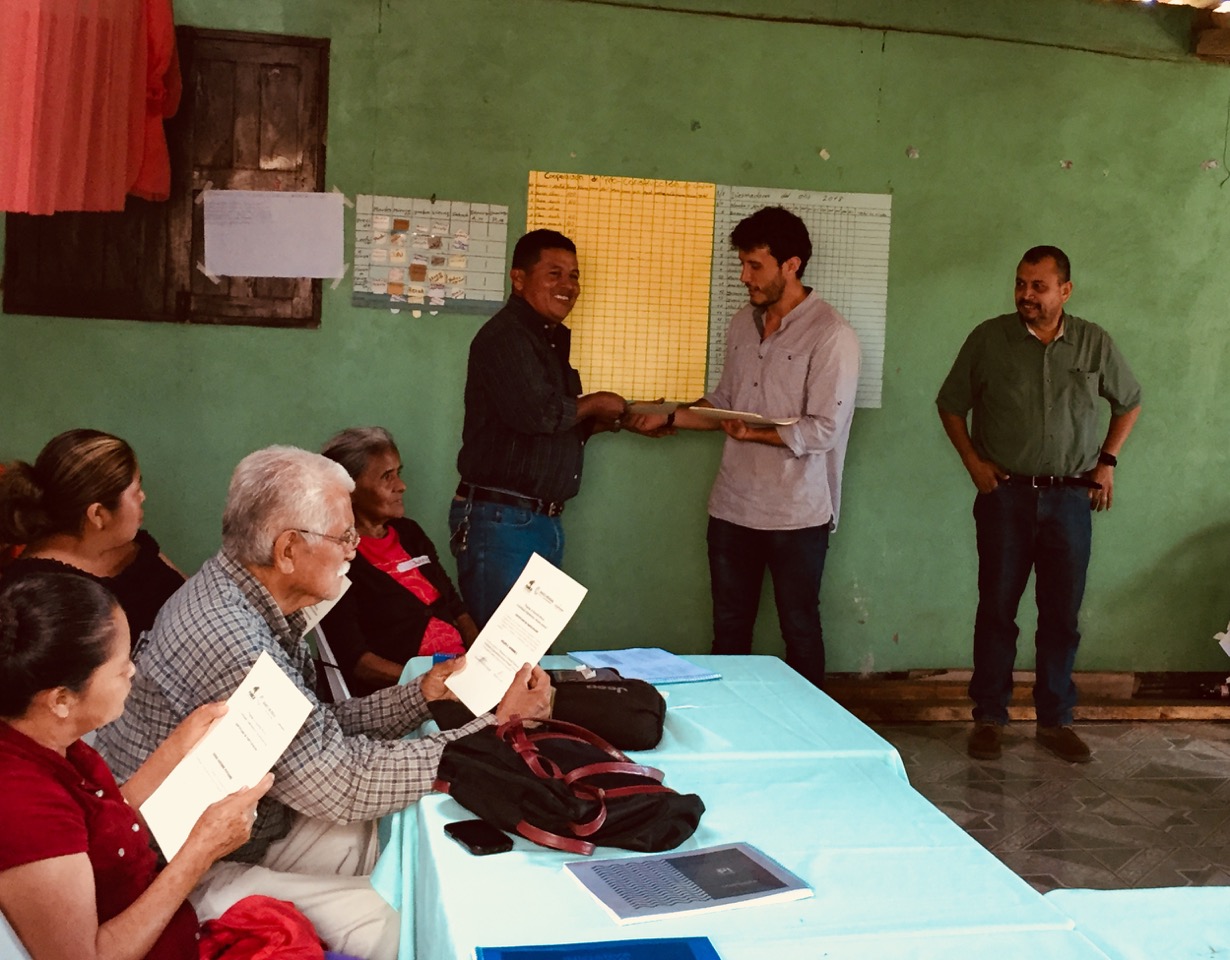
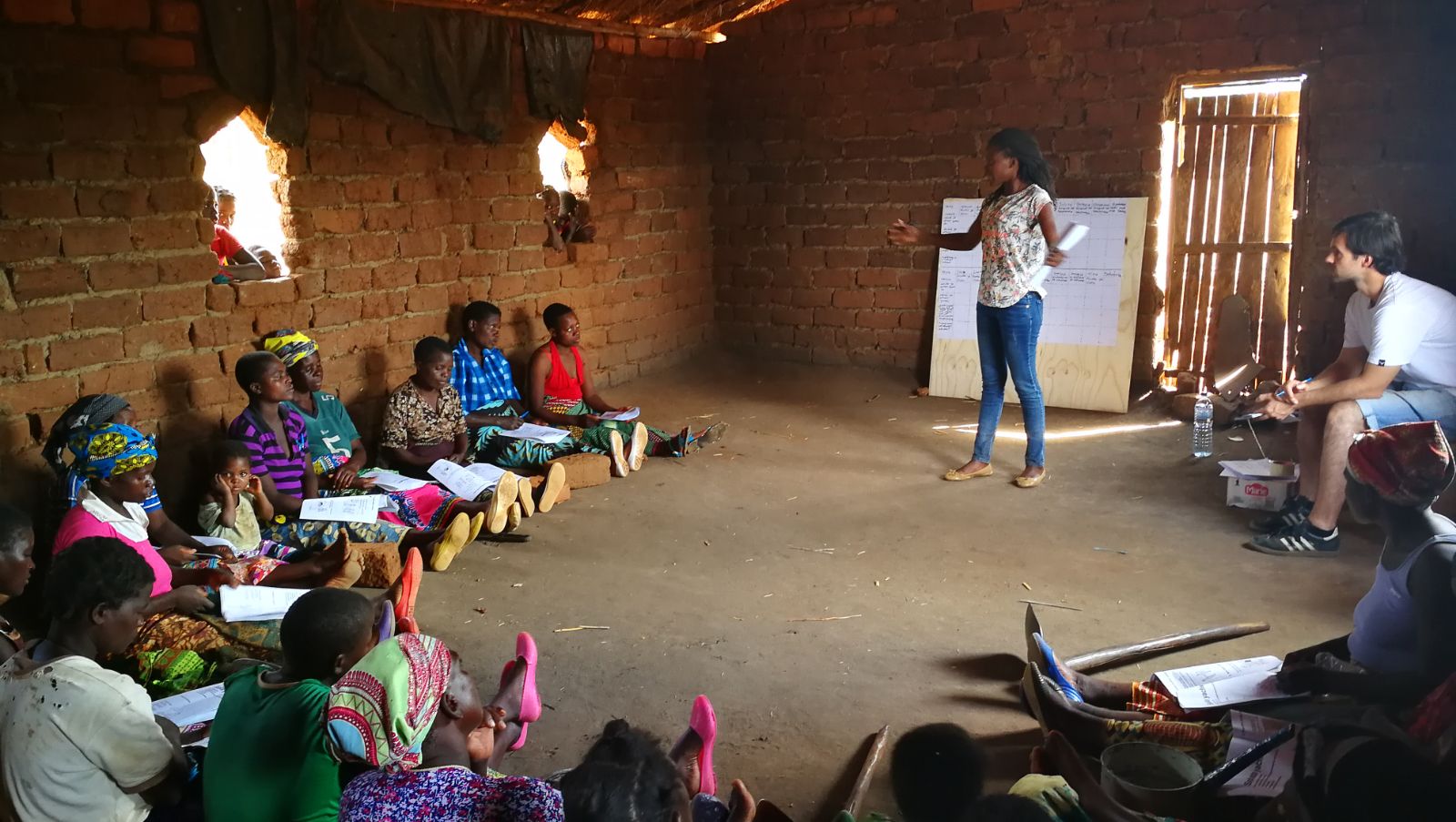
MOZAMBIQUE
Under the auspices of a World Bank project led by the Trade and Competitiveness Global Practice, the World Bank’s Africa Gender Innovation Lab (GIL) conducts a randomized control trial study to measure the impact of a training intervention targeted to a sample of 2,000 poor female farmers across 100 communities in Tete province, Mozambique. The intervention provides all women in the sample with training on agronomy and basic business techniques. Half of the sample also receives Personal Initiative Training which was adapted to the specific context of agricultural entrepreneurship by a team from the Leuphana University Lueneburg.
MADAGASCAR
In Madagascar, the team implemented PI Training at three local Business Development Centers as part of the World Bank’s Integrated Growth Poles and Corridors series of projects (PIC). The objective was to equip each Business Development Center with a pool of certified PI Trainers. In addition, PI Trainers from Antananarivo continue to deliver PI Training to different target groups, for example to Malagasy female entrepreneurs who manage energy kiosks.
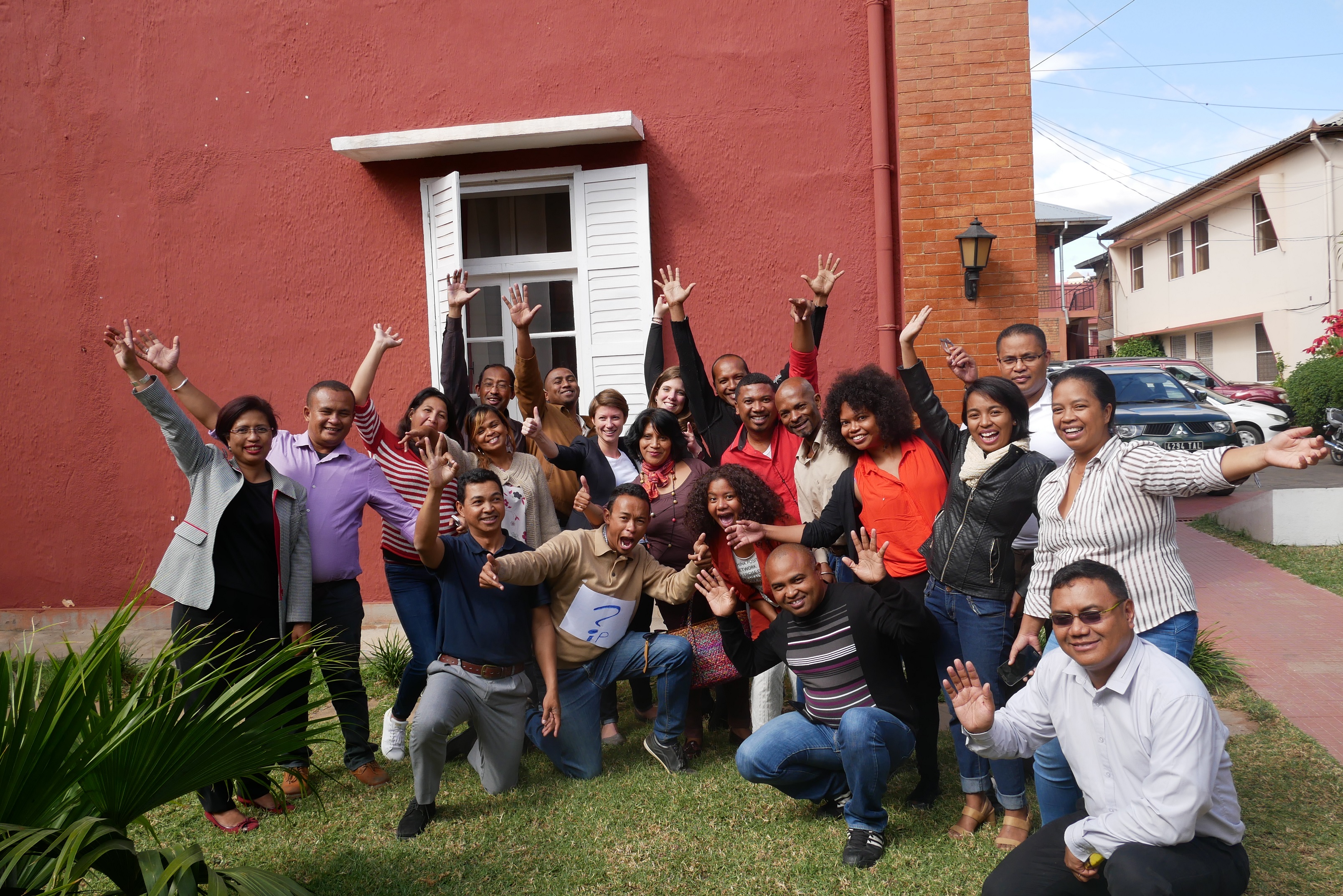
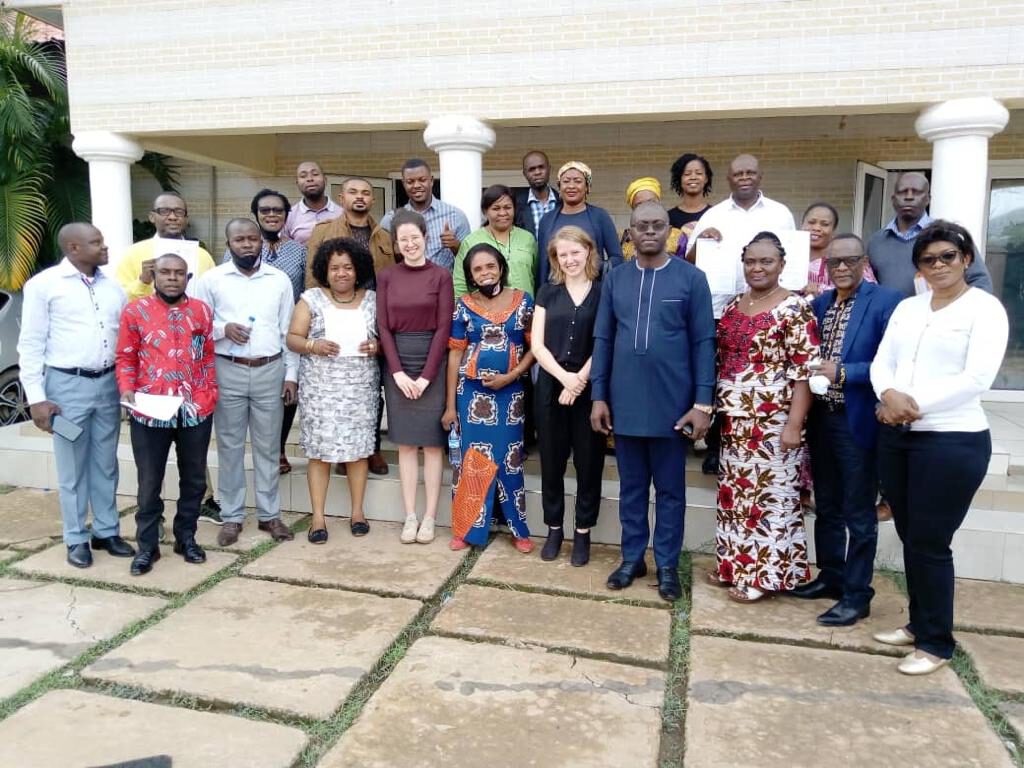
DEMOCRATIC REPUBLIC OF CONGO
In the Democratic Republic of Congo, the team will conduct a randomized controlled experiment with 3,600 female entrepreneurs in Goma and Lubumbashi. We compare two types of training settings aiming to increase business success: the Personal Initiative training taught to the female entrepreneurs alone (“PI”) and a version of the Personal Initiative training including the partner/husband of the female entrepreneur (“PI²”). We will evaluate which version of the training will be more successful in changing the mindset of female entrepreneurs to increase their personal initiative and business success. 1,200 female-entrepreneurs will be in each treatment arm (individual PI training – “PI”, PI training involving the partner – “PI²”, and control group). The project is implemented by the PADMPME (“Projet d’Appui au Développement des Micro, Petites et Moyennes Entreprises”) by the Congolese Ministry of SMEs in collaboration with the World Bank.
BURKINA FASO
As part of Trade Facilitation West Africa (TFWA) program, the project aimed to improve the performance of small-scale cross-border traders in Burkina Faso. The project was carried out as a randomized controlled trial (RCT) study to measure the impact of the Personal Initiative (PI) training targeted to a sample of 1,671 small-scale traders. The study will also measure the impact of the PI training together with a complementary mentoring intervention for half of the trainees, designed to help them put the content of the PI training into action through ongoing engagement with the trainers.
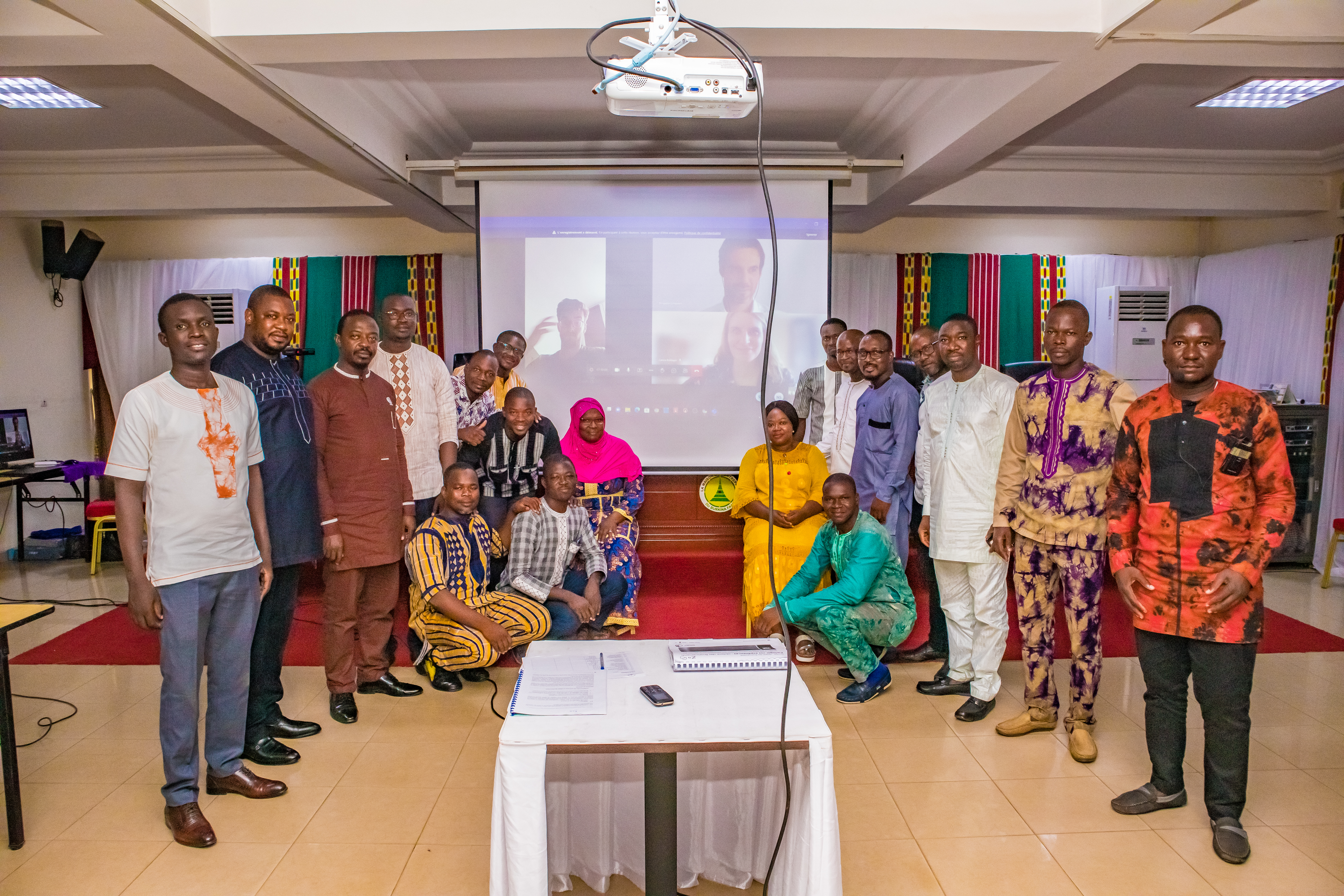
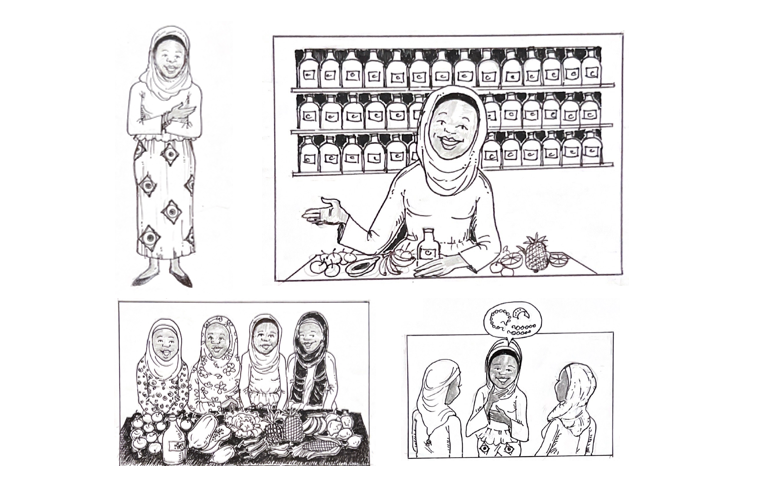
NIGER
In Niger, the Personal Initiative (PI) training was adjusted to the local context and the specifics of the target group: illiterate adolescent girls and young women, many of whom were not engaged in any business activity when the training began. We therefore incorporated components of our STEP training into the overall structure of the PI training. All trainees were part of the economic empowerment component of the Sahel Women’s Empowerment and Demographic Dividend (SWEDD) project. For the impact evaluation (RCT), 3,000 adolescent girls were randomly assigned to a control group (1,000) and a training group (2,000).
